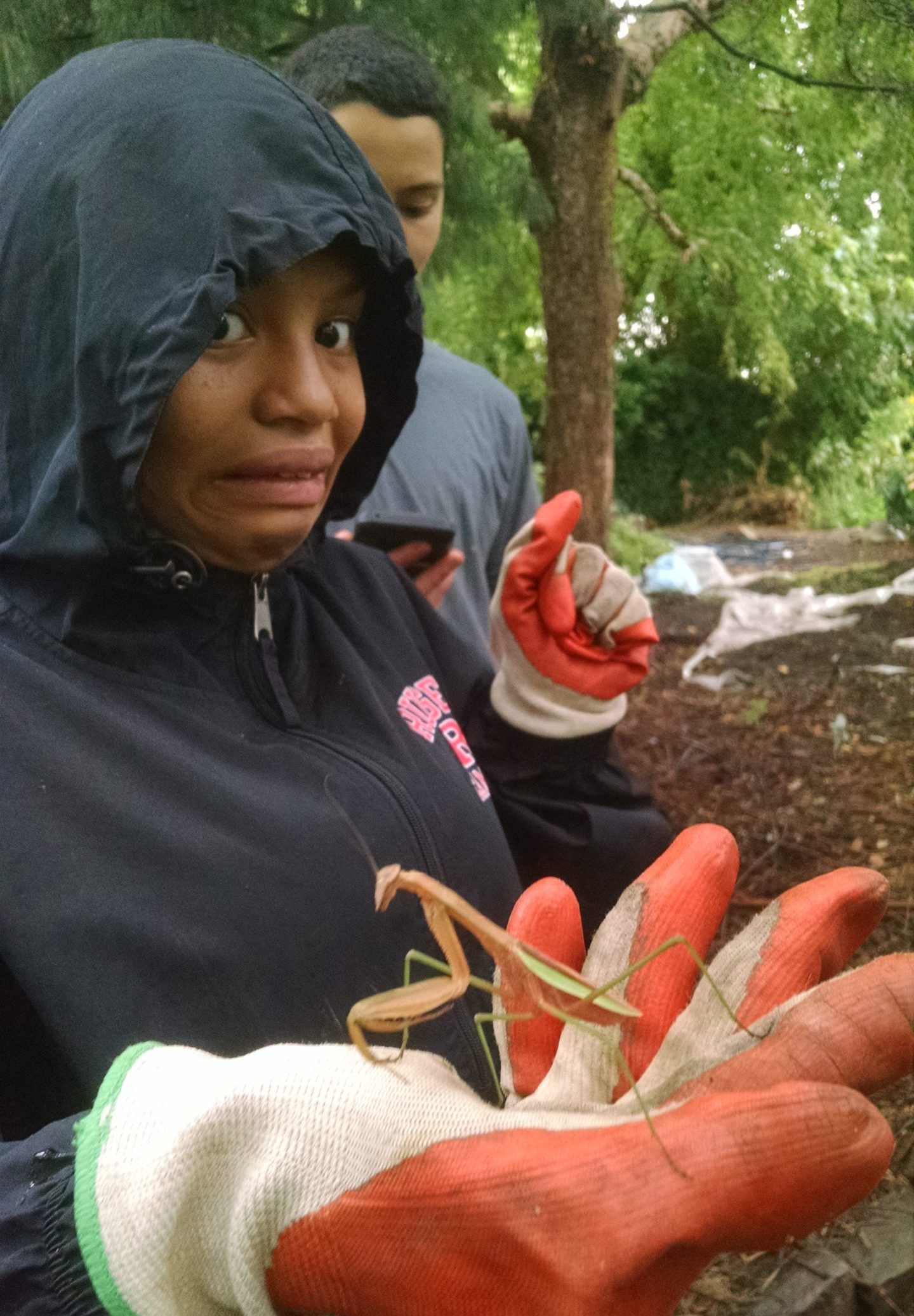January 2018 Reflection
When does it end?
A few weeks back the US government declared that oil and gas leases would be available off the west coast and the east coast of the continental United States. With the experience of the Deep Water Horizon explosion and resulting oil spill which wreaked havoc on the human and non-human life of the Gulf of Mexico in mind, this announcement was met with dismay by many. But it was also met with jubilation by the massively wealthy gas and oil companies that are eager to begin drilling in these areas. An oil spill and/or an explosion on one of these deep sea drilling operations is not a matter of if, but a matter of when. Risk is a part of all businesses, but the risks are being borne, not by the wealthy oil and gas companies, but by the people and businesses that live off the sea, by the air, and the water and the soil. No amount of reparations can undo the damage that is possible. Where does it end?
The US administration is opening up the ANWAR for oil and gas drilling. It shrunk the Bears Ears National Monument to a mere shadow of the land set aside by the previous administration. This decision has opened up loads of opportunities for uranium mines to be opened with the resulting ecological and human costs associated with uranium mining, costs not figured into nor paid by the mining companies. There has been a vigorous attempt by the current US administration to remove reasonable barriers to gas and oil development in the United States that is unlike any other in the last 50 years. The decision to drop out of the Paris Climate Accord serves to make clear that climate change, environmental damage and displacement of human communities because of these two things is not a priority for the current administration. When does it end? When do we figure out that the health of our planet, our eco systems, our communities, must be THE priority for any government on this planet, in these times?
In his encyclical Laudato Si (2015, #49), Pope Francis called on all people of good will to hear the cry of earth and the cry of the poor. An assault on the earth is an assault on the poor, and an assault on the poor is an assault of the earth. It is time for people of good will to stand up and demand that their government stop its assaults, both in terms of economic policy, environmental policy, health care policy, education and energy production. Over and over again, we see that the policies of this government benefit the wealthiest and most powerful among us. The largest tax cuts in history, enacted at the end of 2017, will benefit the wealthiest, and they are permanent, while the slight benefit to the middle class will disappear in several years. It is all an assault on the weakest, the most vulnerable, the most fragile dimensions of our human and non-human communities. The cry is deep, the cry is clear, the cry is piercing. It must stop, and we must be the ones who stop it.
How? By marching, starting with this Saturday’s Women’s March. We can stop it by writing our representatives, by showing up at town halls, by making phone calls, by talking to our neighbors, by organizing our faith communities, by working for changes in our school curricula so that environmental responsibilities are addressed with our young people. We can remember to vote, in every election no matter how local. We can run for office. We can serve on local political action committees, we can write letters to the editor. We can contribute to local, national and international groups who are working to effect change, such as CFET.
Every one of us must do our “bit,” we must come to the deep and abiding awareness that the day will come when our grandchildren will ask us what we were doing to respond to the increasing fragmentation of our communities, the deterioration of our water, our air, our soil, the increasing volatility of our climate, the government policies that refuse to acknowledge the science that so clearly demands a fundamental change to the way we live. They will ask us this question, and we will have to answer. What will it be? What will you do? Because it has to stop!
God help us to help ourselves! Get into action. The most vulnerable and the most fragile, human and non-human, and all that supports their life, is calling. Will you answer?
Mark Doorley, Ph.D.
President Emeritus, Board of Trustees
The Center for Environmental Transformation



